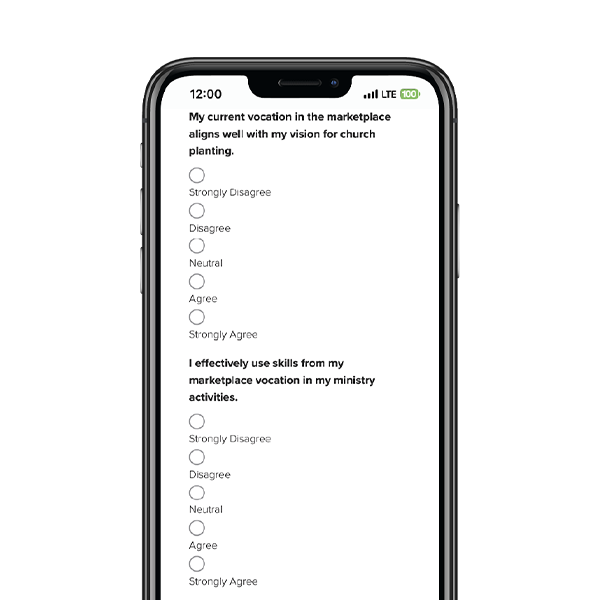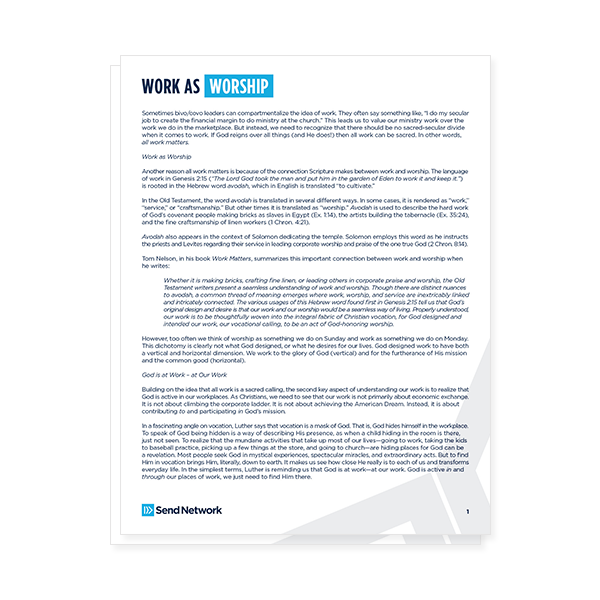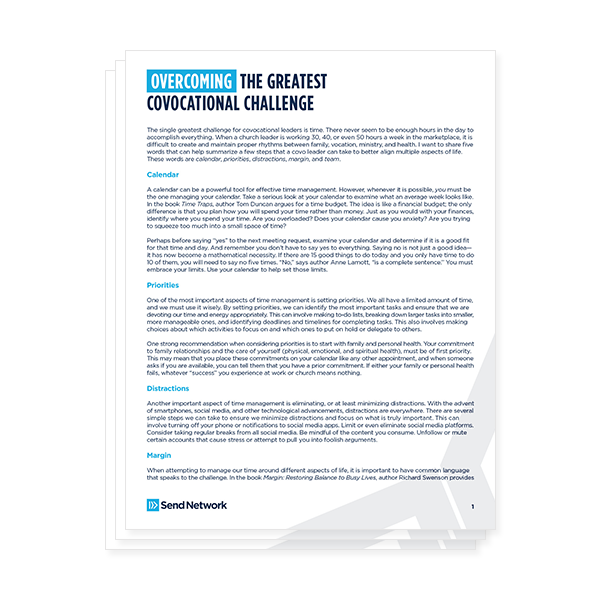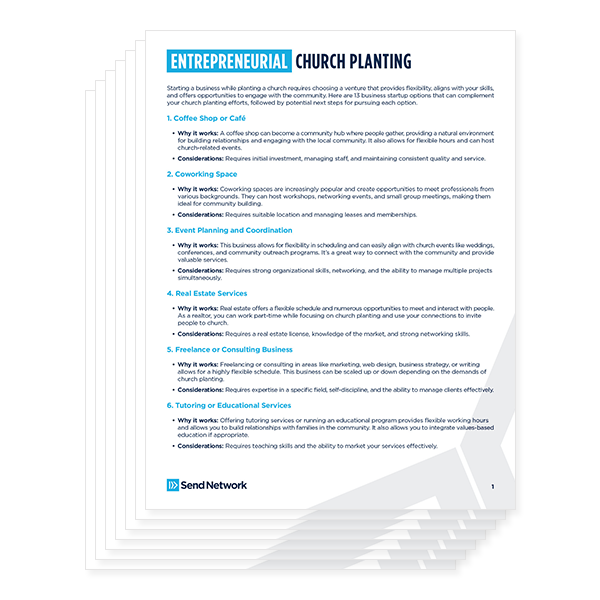For as long as I can remember, I’ve struggled with approval. The question, “What do people think about me right now?” is never far from my mind. Pair this with being somewhat of an introvert, and you’ve got a real problem. So often when talking to people, I find myself unable to listen to what they’re saying because I’m already thinking of the next thing to say to avoid any awkward silences.
A dangerous place for approval idolatry
I’ve come to realize that planting a church only provides more opportunity for my approval idol to show. When preaching a sermon, it’s easy to think more about how good of a preacher people think I am and less about equipping people to do the work of ministry. When making decisions, it’s easy for me to care most about how good of a leader people think I am and less about what’s best for their souls. When counseling, it’s easy to be most concerned with how to say that next punchy, insightful thing that they’ll remember instead of saying what they most need to hear. The examples go on and on.
Pastoral ministry can be a breeding ground for approval idolatry. I even know guys that would say they rarely struggled with it until they became a pastor, and now it’s all they can think about. But simply put, unchecked approval idolatry can destroy your ability to love and serve your people well. You can’t serve your people if you’re primarily using them. And that’s exactly what approval idolatry is: using people to fulfill your felt needs.
The warning of Ezekiel 34 rings in my ears on this topic:
“The word of the LORD came to me: ‘Son of man, prophesy against the shepherds of Israel; prophesy, and say to them, even to the shepherds, Thus says the Lord GOD: Ah, shepherds of Israel who have been feeding yourselves! Should not shepherds feed the sheep?'” (Ezekiel 34:1-2)
Good needs turned bad
Ed Welch questions these felt needs for approval in his fantastic book When People Are Big and God Is Small. He says that the need to be loved (or approved of) isn’t wrong in itself. It’s a natural desire (the desire for relationship and affection) that has become inordinate or out-of-control. It’s a desire for love that’s become a lust for love.
He writes: “This explains why Christ is sometimes not enough for us. If I stand before him as a cup waiting to be filled with psychological satisfaction, I will never feel quite full. Why? First, because my lusts are boundless; by their very nature they can’t be filled. Second, because Jesus does not intend to satisfy my selfish desires. Instead, he intends to break the cup of psychological need (lusts), not fill it.“
This is so helpful to me. The most basic premise I’ve heard for fighting approval idolatry is that we have to get our approval from Jesus so that we don’t need it from others. This is partially true, but also can be misleading. It tends to be too assuming (it assumes that all our desire for approval are noble and right), and at the same time too simplified (we were, after all, made for loving relationships with other people).
Evaluate, repent, believe
Instead, we need to first consider which of our desires are God-given and right, and which of them have become larger in our life than they need to be. If meaningful relationships with people in our church aren’t enough to satisfy our felt needs, it’s likely that our needs are the thing that’s off. They need to be repented of before they’re “met” in Jesus.
Pastors, let’s be sure that we’re repenting of feeding off our people so we can instead feed them. Let’s repent where our need for approval has become a monster and let the gospel of God’s infinite approval through his son Jesus ripple through our lives and ministry.
Published June 22, 2016




